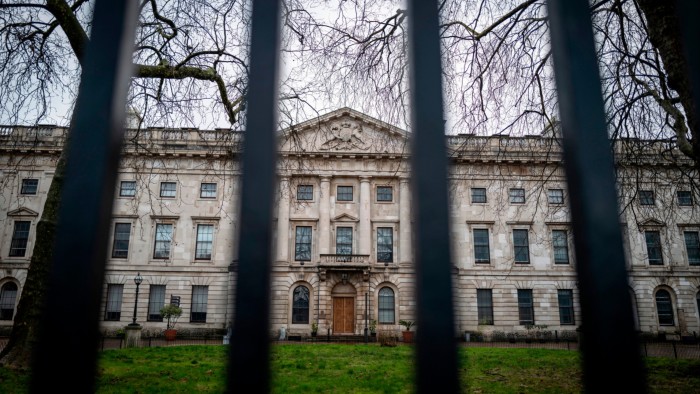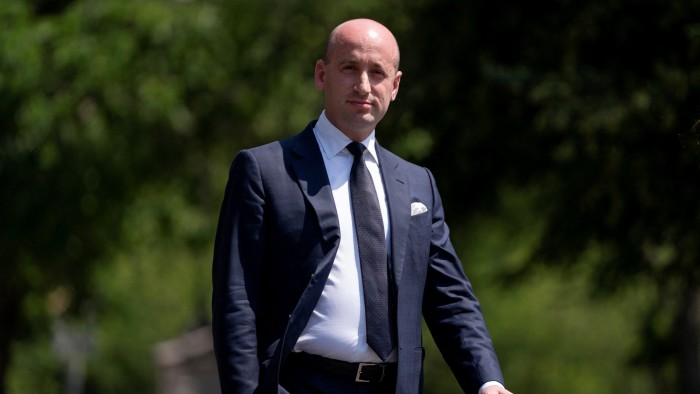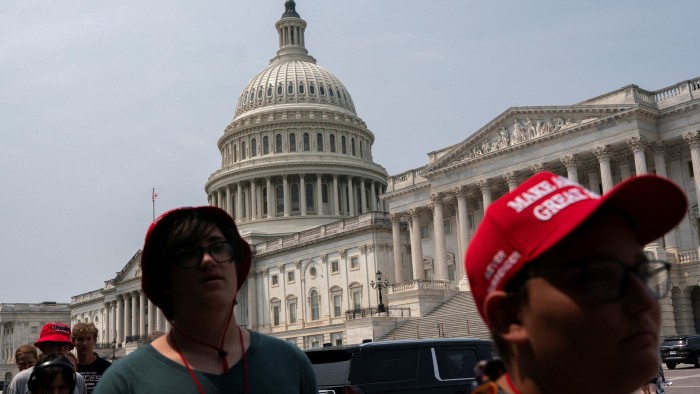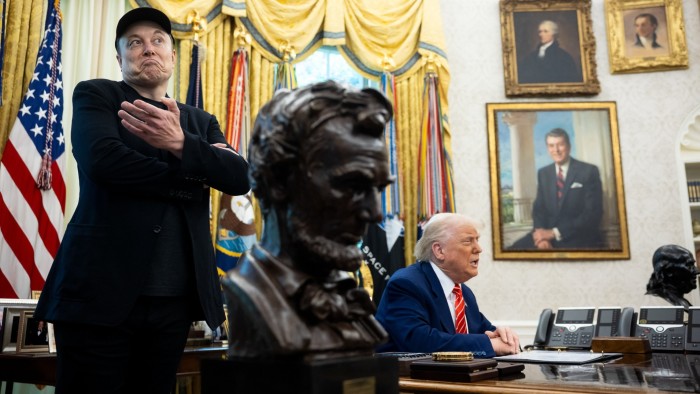US expresses concern over plan for Chinese embassy in London

Unlock the White House Watch newsletter for free
Your guide to what Trump’s second term means for Washington, business and the world
The White House has expressed concern to the UK government over allowing China to build a large embassy in London that security officials believe would pose a risk to sensitive communications infrastructure serving the City.
“The United States is deeply concerned about providing China with potential access to the sensitive communications of one of our closest allies,” said a senior US official.
China has requested permission to build a new embassy in London at Royal Mint Court on the edge of the City of London, the financial district of the UK capital. The 20,000 sq m compound would be more than 20 times the size of Beijing’s current embassy in Marylebone and would be Beijing’s biggest embassy in Europe.
Some US and UK security officials have also raised concern about the plan because of the site’s proximity to a sensitive hub of critical communications cables.
Sir Richard Dearlove, former head of Britain’s Secret Intelligence Service, told the I Paper on Sunday that the presence of cable networks near the proposed embassy posed a “real problem” because Chinese intelligence services would be able to tap into sensitive communication lines “with impunity”.
The American official said Washington expected that all decisions would be taken with US and UK national security interests in mind and “after thorough mitigation as recommended and approved by counter-intelligence professionals”.
The UK belongs to the Five Eyes intelligence-sharing and collection network that also includes the US, Australia, Canada and New Zealand — which means threats to British communications are a concern to Washington.
The White House intervention marks the second known example of the Trump administration raising concerns about China with the UK. Earlier this year, President Donald Trump gave his tacit approval to a deal the UK signed with Mauritius over sovereignty of the Chagos Islands. This was despite perceived Chinese security threats to Diego Garcia, an atoll in the islands on which the US and UK have a joint military base. He approved the deal despite concerns expressed by some of his officials.
In the UK, the opposition Conservative party has urged the Labour government to reject the plan.
Chris Philp, shadow home secretary, said the site — which Beijing bought in 2018 — was a “security risk” for the government given its proximity to three data centres close to Canary Wharf and the City’s Square Mile.
“It is very likely the Chinese would use it to organise espionage activities. We see the Chinese government cracking down on dissidents, running secret police stations in the UK, even putting bounties on the heads of dissidents, some of whom I’ve met. We should not be giving permission to this,” he said on Sunday.
Peter Kyle, the science and technology secretary, said that, if people raised security issues, this would be dealt with in the planning process.
The plan was refused by the local Tower Hamlets borough council in 2022 on security grounds and because of the potential impact on residents. Last year it was called in for review by Angela Rayner, housing secretary.
The project has now been revived after personal pressure from President Xi Jinping of China in a phone call with Prime Minister Sir Keir Starmer. Chinese foreign minister Wang Yi also raised the issue with foreign secretary David Lammy during a visit to London this year.
Some UK officials believe that approving the embassy could soothe UK-China relations which have frayed since the British government seized control of a Chinese-owned steel plant in north-east England.
The British embassy in Washington declined to comment. The US intervention was first reported by the Sunday Times of London.






